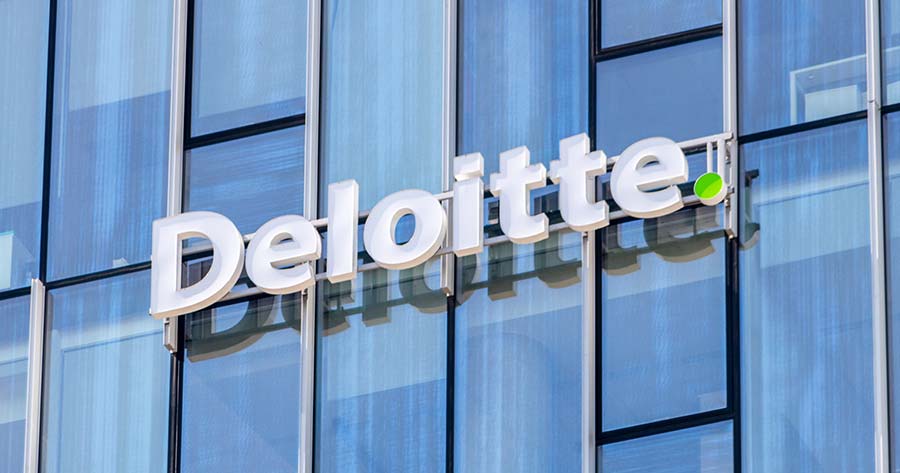Deloitte has released the latest Private Equity (PE) 2025 Almanac – Southeast Asia Edition, offering industry insights, trend analysis and commentary on the regional investment environment, based on Deloitte’s proprietary database of PE funds. The report highlights Thailand’s increasingly prominent role in Southeast Asia’s private equity landscape.
In 2024, Southeast Asia’s private equity (PE) market experienced a strategic shift due to a decline in buyout deal volume. Yet, the region witnessed a substantial increase in transaction value, reflecting a growing investor preference for larger, higher-value transactions.
Southeast Asia recorded 69 PE-backed deals totalling US$ 9.4 billion in 2024—a significant increase from US$ 5.2 billion across 87 deals in 2023. Furthermore, the report shows that Southeast Asia’s share of Asia Pacific’s total PE deal value has grown steadily over the past three years—from 3.7% in 2022 to 4.1% in 2023 and reaching 6.8% in 2024.
Driven by an increase in large buyout and public-to-private (P2P) deals, the average deal size in Southeast Asia nearly doubled – from US$ 168 million in 2023 to US$ 325 million in 2024.
P2P transactions grew exceptionally with a remarkable 10-fold value increase from US$ 176 million in 2023 to US$ 2.2 billion in 2024. Despite the 28% decrease in deal count, buyout deal value rose by 55%, emphasising investors’ strategic shift towards higher-value M&A opportunities in the region.
In 2024, the Technology, Media & Telecommunications (TMT) sector was dominant in Southeast Asia, accounting for almost 52% of total deal value, as a result of Southeast Asia continuing to strengthen its position as an AI and data centre hub.
Singapore maintained its position as the largest investment destination within Southeast Asia’s PE landscape, followed by Indonesia. These two economies collectively represent 65% of the total deal count and 80% of transaction value across Southeast Asia, underscoring their dominant position in the regional investment hierarchy and their outsized importance to institutional investors deploying capital in the region.
Thailand also saw a year-on-year increase in deal activity in 2024. Deals in the industrial sector accounted for half of all transactions, while the remaining half involved the education sector. Notably, Dymon Asia invested in two K-12 institutions in Thailand.
Despite ongoing global macroeconomic headwinds, Deloitte remains optimistic about the outlook for 2025. The positive momentum seen in Q4 2024 is expected to continue into 2025, supported by strong regional fundamentals and sustained investor interest.
“Ongoing global tariff and geopolitical tensions are causing volatility in the financial markets as well as M&A activity. Fund managers are becoming more cautious and are reassessing their investment strategies. In the short-term, there may be delays in deploying capital due to uncertainty. However, the long-term outlook for the private market in Southeast Asia remains positive, given the continued attractiveness of Southeast Asia as an investment market due to its favourable demographics and economic indicators. Combined with an anticipated drop in interest rates across many countries in the region, significant stores of dry powder ready to be deployed, as well as the continued maturation of the private equity ecosystem, we expect further growth in deal activity in the rest of 2025,” said Jamil Raza Syed, Private Equity Leader, Deloitte Southeast Asia.
In Thailand, robust investment interest is anticipated in the digital economy, data centres, and energy transition sectors. These areas are aligned with broader regional trends as investors increasingly focus on technology infrastructure and green energy initiatives.
“Thailand’s growing share of regional deal activity reflects both the country’s economic potential and investors’ long-term confidence in its fundamentals,” said Pornpun Wesaratchawet, Mergers & Acquisitions Partner, Deloitte Thailand. “We expect continued investor interest in the industrial and education sectors as well as in technology infrastructure such as data centres, especially those linked to the rapid growth of AI.”




